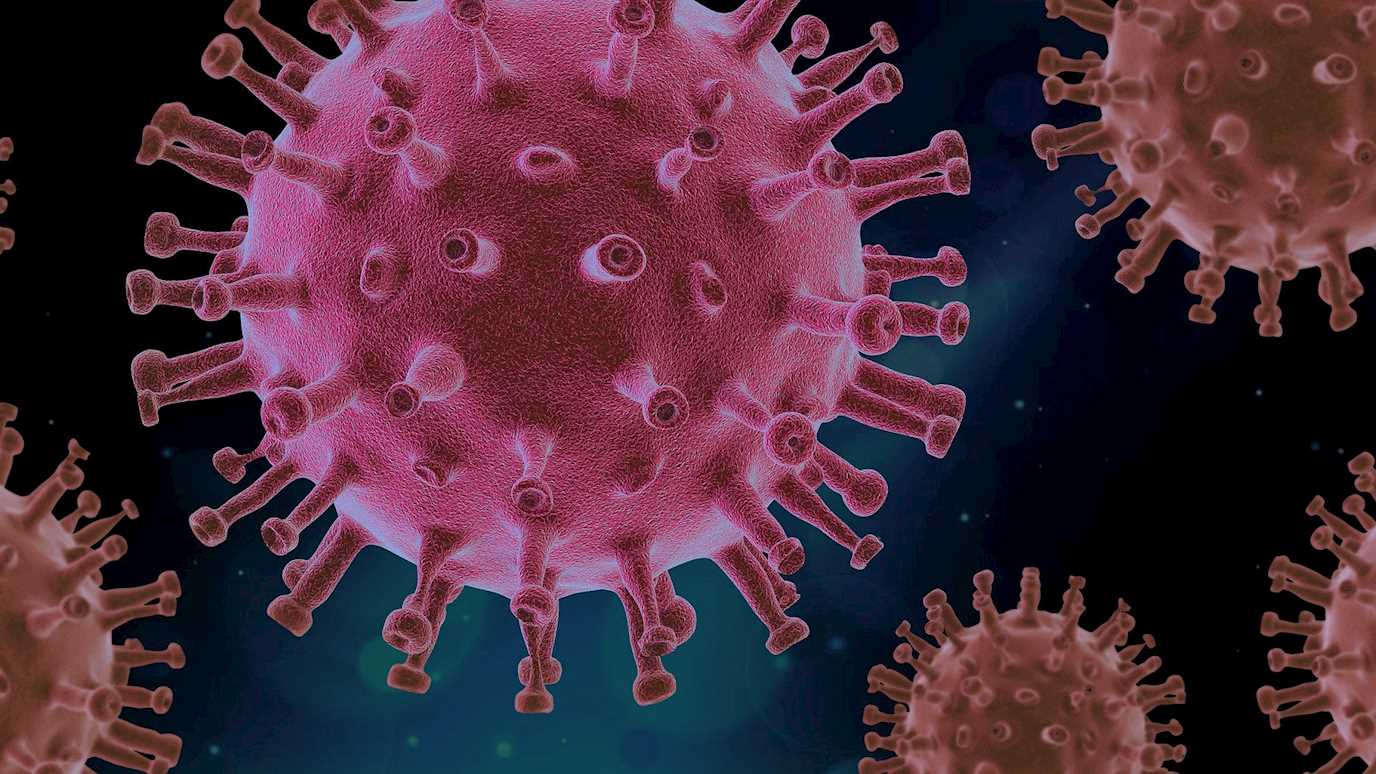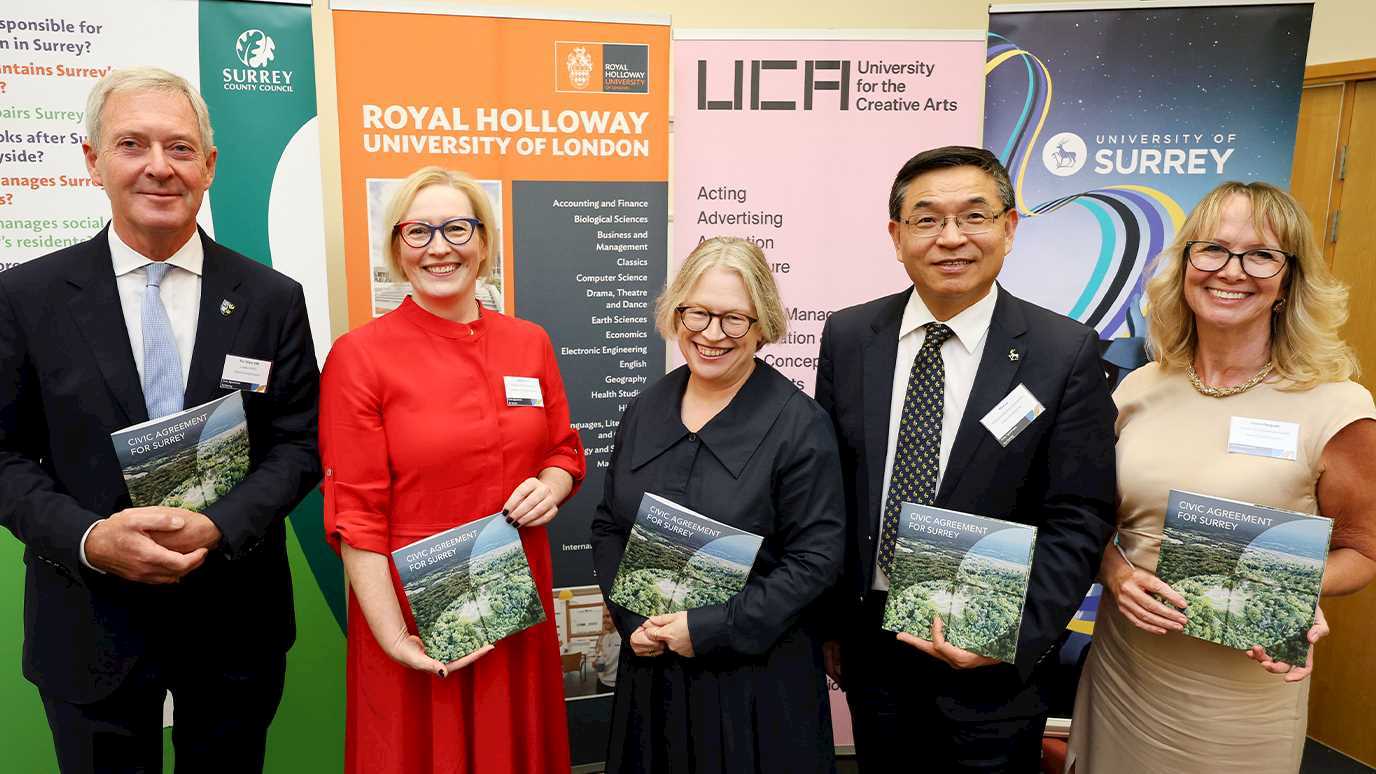An academic from Royal Holloway is playing an instrumental part in the first UK clinical trials of a nasal spray proven to kill 99.9% of the coronavirus that causes Covid-19.

The trial is taking place at Ashford and St Peter’s Hospitals NHS Foundation Trust, in Surrey.
The SaNOtize Nitric Oxide Nasal Spray (NONS) is designed to kill the virus in the upper airways, preventing it from incubating and spreading to the lungs and Professor Pankaj Sharma, from the Department of Biological Sciences is playing his part as the director of the Institute of Cardiovascular Research at Royal Holloway.
The treatment, developed by SaNOtize Research and Development Corp. based in Vancouver, Canada, proved 99.9% effective in killing the coronavirus in independent lab tests at Utah State University’s Antiviral Research Institute.
The SaNOtize treatment is based on nitric oxide, a natural nanomolecule produced by the human body with proven anti-microbial properties shown to have a direct effect on SARS-CoV-2, the virus that causes Covid-19. The treatment can be delivered by nasal spray, throat gargle or nasal lavage.
Professor Pankaj Sharma, said: “Any intervention for treating coronavirus – the virus responsible for Covid-19 – is to be welcomed.
“The fact that a relatively easy and simple nasal spray could be an effective treatment is welcome news and offers a significant advance in our therapeutic armoury against this devastating disease.
“Ashford and St Peters Hospitals NHS Foundation Trust is proud to be at the forefront of trialling this intervention.”
The importance of nitric oxide within the human body and its healing properties was first discovered by Professor Ferid Murad of Stanford University, among others, for which he shared the Nobel Prize in Medicine in 1998. Prof Murad is a member of the board of SaNOtize.
The strategy is to use the Nitric Oxide spray as a multi-stage defence against infection and to provide an effective treatment for mild and moderate cases with the goal of preventing severe inflammatory response and infection of the lungs.
Scientists believe the coronavirus is transmitted via airborne droplets to the mucous membranes in the nose, where it is replicated during a three-day incubation period, damaging the nasal mucosa cells, and is then carried in nasal secretions to the lower respiratory tract, leading to the danger of fatal viral pneumonia.
























